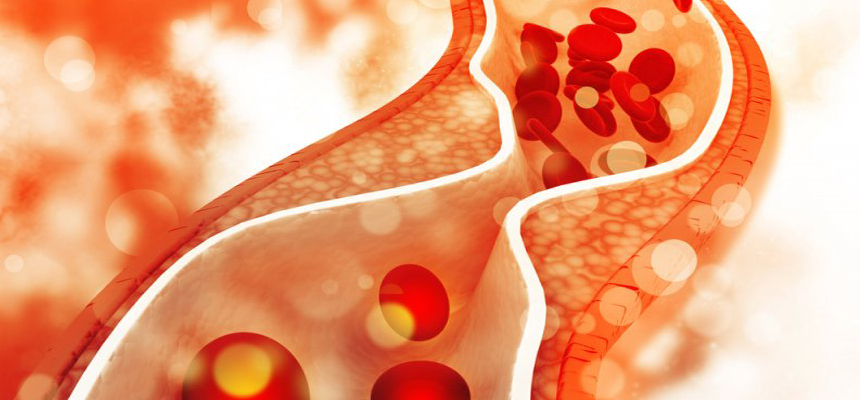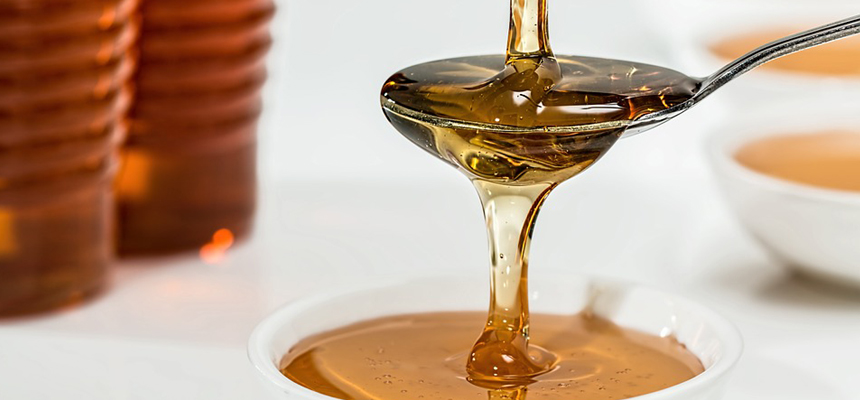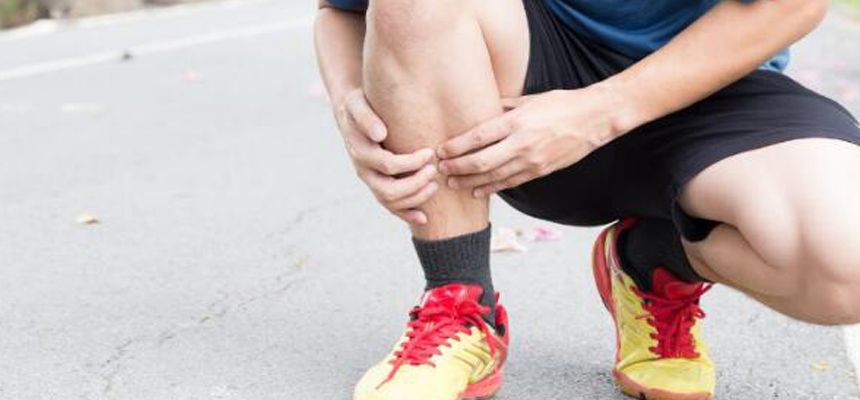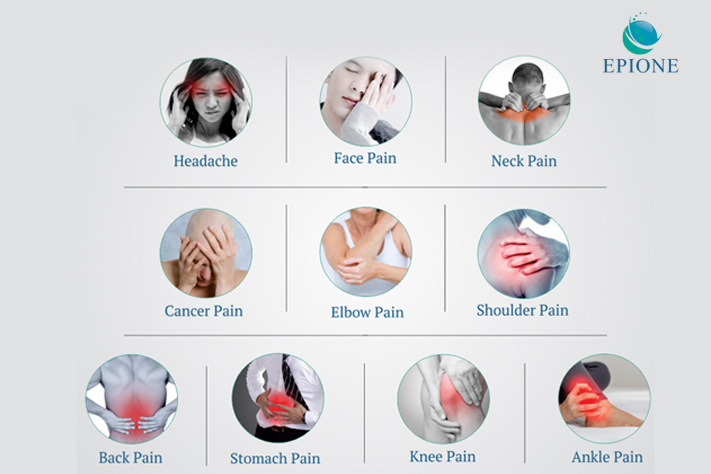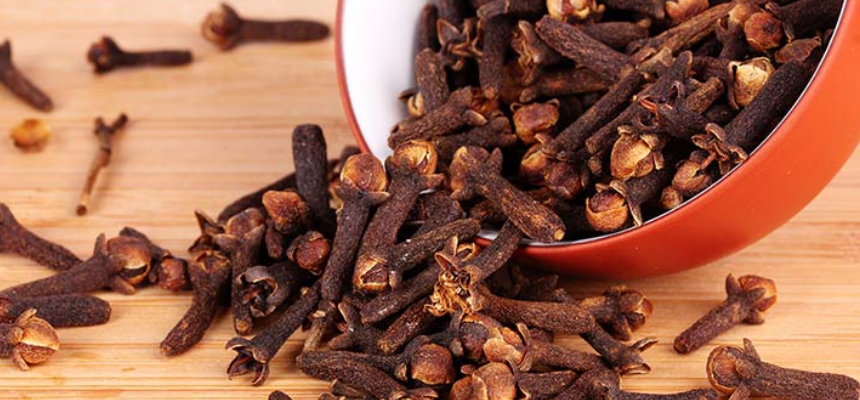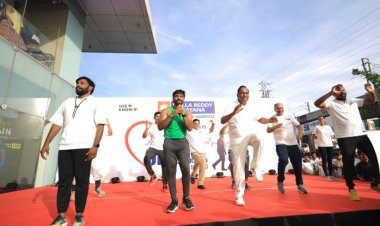Summer Healthcare Tips For Heart Patients

Soaring summertime temperatures increase the incidence of heart attacks, especially in the case of elderly heart patients.
Heart patients often find it difficult to cope with the excessive heat due to their compromised heart condition.
How The Summer Heat Affects Your Heart
Heat is transferred from warmer areas to cooler areas of the body. In order to lose heat, your body increases blood supply to the skin. And to increase blood supply to the skin, your heart circulates the blood two to four times more per minute than it usually does.
Your body also loses heat by sweating. When you sweat, you not only lose water but also some major minerals like potassium and magnesium. Your body then releases stress hormones to retain water and other minerals, which can negatively affect your heart in the long run.
Patients Are At A Greater Risk During The Summer
If you had a heart attack in the past, then your heart may not be able to combat heat as efficiently as it used to.
The arteries are narrowed down as they’re clogged with cholesterol. And blood flow to the skin is reduced due to these cholesterol-clogged arteries.
Increased blood flow to the skin coupled with dehydration causes a drop in blood pressure, leading to faints or falls.
Certain medications used in heart diseases like beta-blockers slow down the heartbeat, making the heart inefficient in coping up with heat exchange.
Diuretic heart medications can also lead to dehydration.
Heat Exhaustion And Heart Disease - A Deadly Combo
Every year in summer, hundreds of elderly people die due to heat stroke. Heat exhaustion occurs when your body produces more heat than it can release.
If not treated in time by replacing the lost fluids, the condition results in stroke, where the person becomes comatose, resulting eventually in death.
How You Can Protect Your Heart From The Heat
Stay fit - Exercise, but only when it’s cooler. The key is to not overexert yourself.
Shade is your best friend - Stick to the shade as much as it’s possible.
Stay hydrated - Drink plenty of fluids. People with congestive heart failure should consult a doctor to know more about the appropriate water intake. Avoid alcohol, caffeinated drinks and colas.
Diet - Eat fruits and vegetables that are rich in potassium and magnesium. Avoid spicy and oily fried foods.
Dressing - Wear light coloured cotton clothes. Humidity results in sweating and the sweat needs to evaporate from your skin. If your clothes don’t absorb sweat, it remains on your skin, resulting in various skin diseases.

 Disclaimer: Welthi.com does not guarantee any specific results as a result of the procedures mentioned here, and the results may vary from person to person.
Disclaimer: Welthi.com does not guarantee any specific results as a result of the procedures mentioned here, and the results may vary from person to person.

